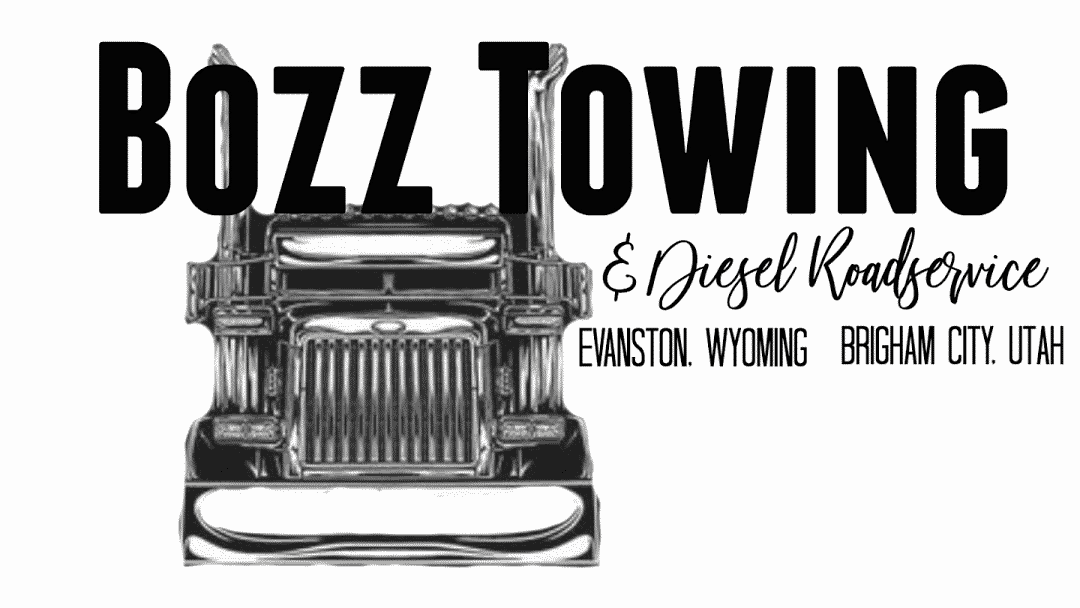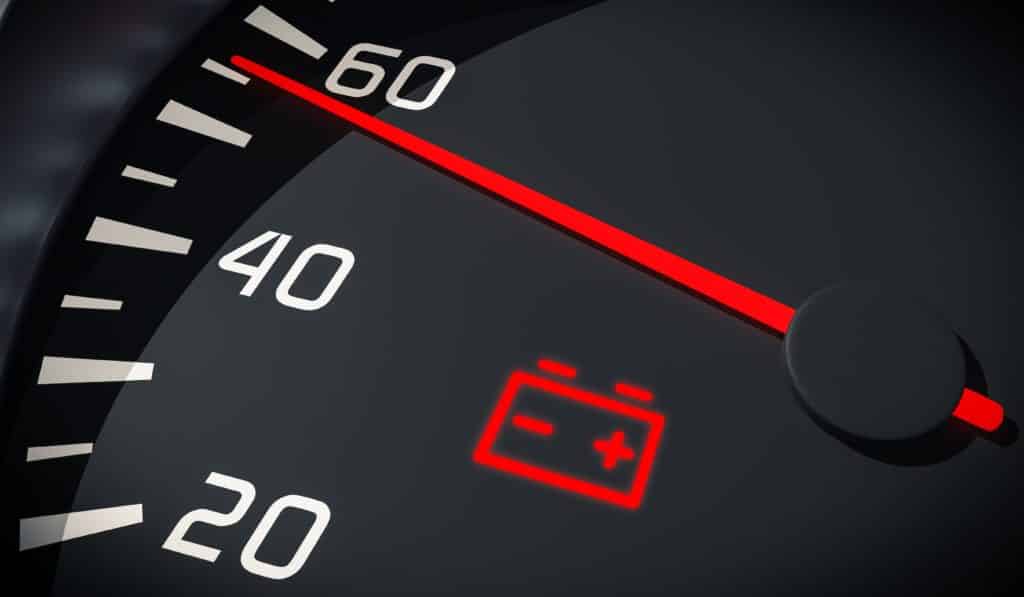If you’re a semi truck driver, then you know that having a reliable battery is essential. A dead battery can leave you stranded on the side of the road, and that’s not a situation you want to find yourself in. In this guide, we will discuss semi truck batteries and maintenance tips to help keep your battery in good condition. We’ll also cover some common problems that can occur with batteries and provide solutions so you can get back on the road as quickly as possible.
Semi Truck Battery Basic Info
The average commercial truck has a 24 volt battery. The battery is a lead acid battery, and it usually consists of six cells. It connects to the truck’s electrical system, and it provides power to the engine, lights, and other accessories. The battery stores energy by converting chemical energy into electrical power. When the battery is discharged, it can be recharge via alternator or a charger.
There are three common types of lead acid batteries for commercial trucks:
Flooded Electrolyte Battery
The most common batteries on the market today are flooded batteries. Flooded batteries use lead plates, sulfuric acid electrolytes and plate separators. However, they are usually not sealed and don’t allow gases and liquids to recombine internally. Instead, they are vented externally. All internal gases are directly released into the environment.
Absorbed Glass Mat Battery (AGM)
Absorbed glass mat batteries are similar to flooded batteries, except they use an absorbent fiberglass mat between the battery plates instead of a separator. Also, unlike flooded batteries, AGMs have semi-permeable membranes that allow the gases and liquids to recombine internally. This eliminates any need for external venting.
Thin Plate Pure Lead (TPPL) AGM Battery:
This is the newest battery technology. TPPL batteries are 99% pure lead, which allows them to be thinner and lighter than other truck batteries. Thinner plates also allow for more efficient charging and discharging of the battery, resulting in increased cycle life and better performance at high temperatures. Other benefits include low self-discharge and excellent resistance to vibration.
Key terms
There are many different terms to describe batteries. Knowing these is important when you’re shopping for a new battery or trying to troubleshoot a problem with your current one. The most common ones are:
State of Charge (SOC) – The state of charge is a measure of how much energy remains in a battery. It is usually a percentage.
Depth of Discharge (DOD) – The depth of discharge is the amount of energy that has been removed from a battery.
Cold Cranking Amps (CCA) – Cold cranking amps is a measure of how much current the battery can deliver at 32 degrees Fahrenheit for 30 seconds.
Reserve Capacity (RC)
Nominal Capacity (Ah) rating – The nominal capacity is the amount of energy that can be removed from a battery before it becomes fully discharged. It is usually expressed in ampere-hours (Ah).
Nominal Cell Voltage (V) – The nominal cell voltage is the expected electrical potential of a battery when it is fully charged.
Reserve Capacity (RC) – The reserve capacity is a measure of the battery’s ability to provide power for a certain period.
Cycle Life – Cycle life is the number of charge/discharge cycles a battery can go through before it becomes permanently discharged.
Voltage – The voltage of a battery is the measure of its electrical potential.
Amperage – The amperage of a battery is the measurement of electrical current.
Watt – Voltage multiplied by amperage equals watt, which is a unit to measure power.
How Often Should I Replace My Semi Truck Battery?
It’s recommended that drivers replace their batteries every two to five years. The average battery will last around three and a half years, but it depends on driving habits, operating temperature, and the type of battery you’re using.
What Causes Battery Failure?
There are various reasons a battery can fail. Some of the most common reasons include:
Overheating: A battery can overheat because of driving in extreme heat, charging the battery at too high of an amperage or leaving the truck on for extended periods.
Undercharging: This is usually due to low engine RPMs, and it happens when there isn’t enough electrical load to charge the battery.
Sulfation: This is the most common problem with lead acid batteries, and it’s due to a build-up of sulfate on the battery plates.
Improperly secured cables: If battery cables are not properly secure, they can vibrate and loosen up over time.
Corrosion: If the battery terminals or cables corrode, it can cause problems with the electrical connection and lead to battery failure.
Parasitic loads: Some devices, such as radios and inverters, can drain the battery when it’s not in use. This is a parasitic load, and it can cause batteries to lose their charge.
Alternator issues: If the truck’s alternator is not functioning properly, it can lead to battery failure.
Battery vibration: If the battery isn’t properly secure, it can vibrate and eventually fail.
If you experience any of the above battery problems, you should replace the battery immediately. If semi truck batteries are not replaced right away, it may result in even more damage to the battery and could cause a fire.
When to Replace Battery
Knowing when to replace commercial vehicle batteries is essential to safety and performance. Drivers should keep an eye out for the following signs that their battery needs replaced:
- The battery doesn’t hold a charge for very long
- The battery won’t start or slow engine crank
- Frequent jumpstarts
- There is corrosion on the battery terminals or cables
- Swollen or bloated battery
- Cracked or broken casing
- The battery is emitting a strange odor
If you experience any of the above problems, it’s time to replace the battery. Always consult your owner’s manual for specific instructions on how to properly maintain and replace your battery.
Semi Truck Battery Maintenance
Battery maintenance is an important big rig safety practice, and semi truck drivers should follow these tips to make sure their truck batteries are in good working order:
- Always consult your semi truck’s owner’s manual for specific instructions on how to properly maintain and replace your battery.
- Avoid overcharging the battery by using a regulated battery charger.
- Make sure the cables are tight and connected properly to the battery.
- Clean the battery on a regular basis.
- Make sure there is enough battery fluid or add distilled water if needed. However, do not overfill batteries as it can lead to electrical problems when trucks are started.
- Check the battery for corrosion and clean it if necessary.
- Check semi truck batteries for cracks or broken casing and replace batteries that are damaged.
In general, semi truck drivers should inspect their batteries regularly and take care of any problems that may arise. By following these tips, you can help ensure that your battery is always in good working order.
Battery Problems? Bozz Towing Can Help!
So, if you’re experiencing problems with your semi truck battery, don’t worry. Bozz Towing is here to help. We provide 24/hour road service and towing services for semi trucks and other commercial vehicles. Contact us today to schedule a tow or for more information about our services!

